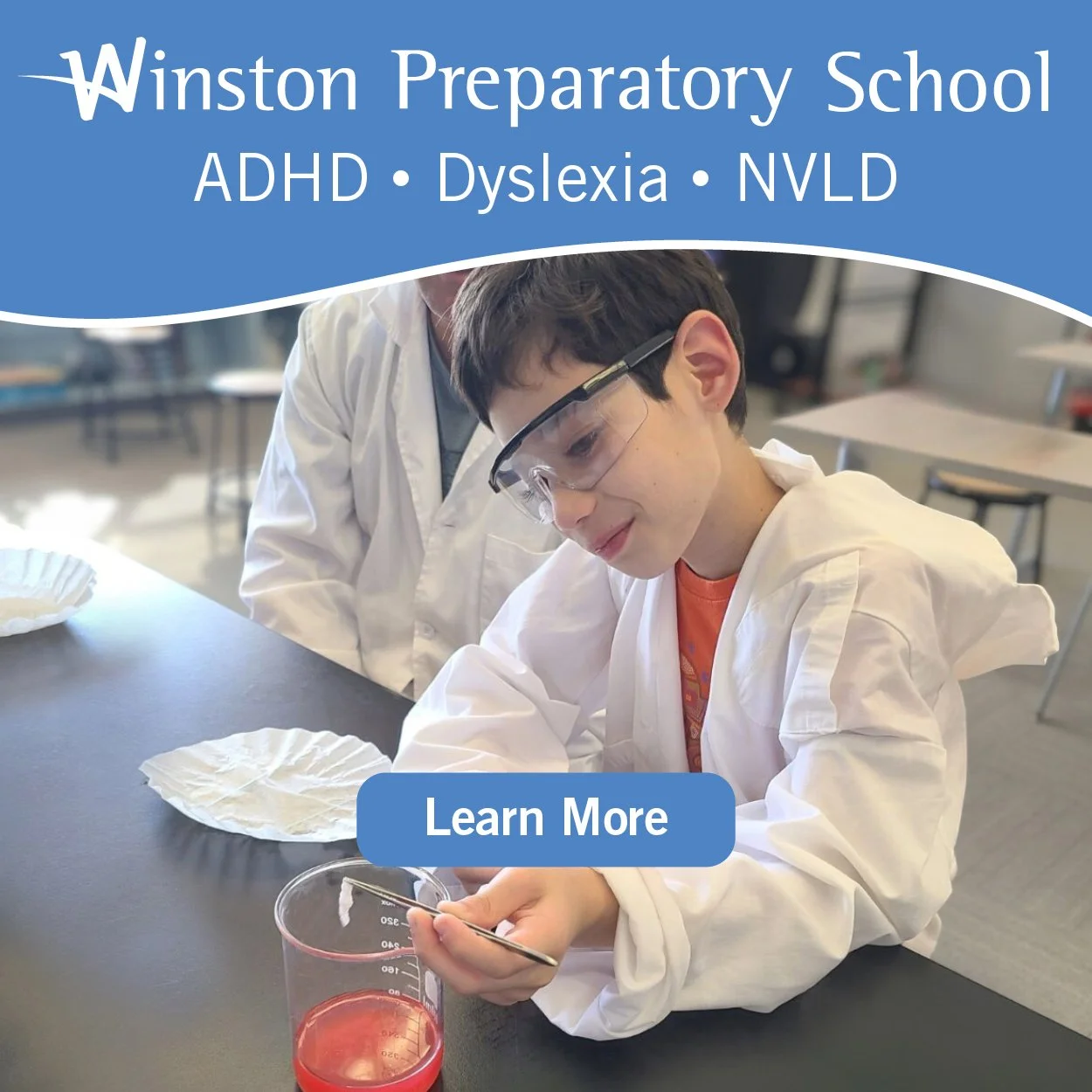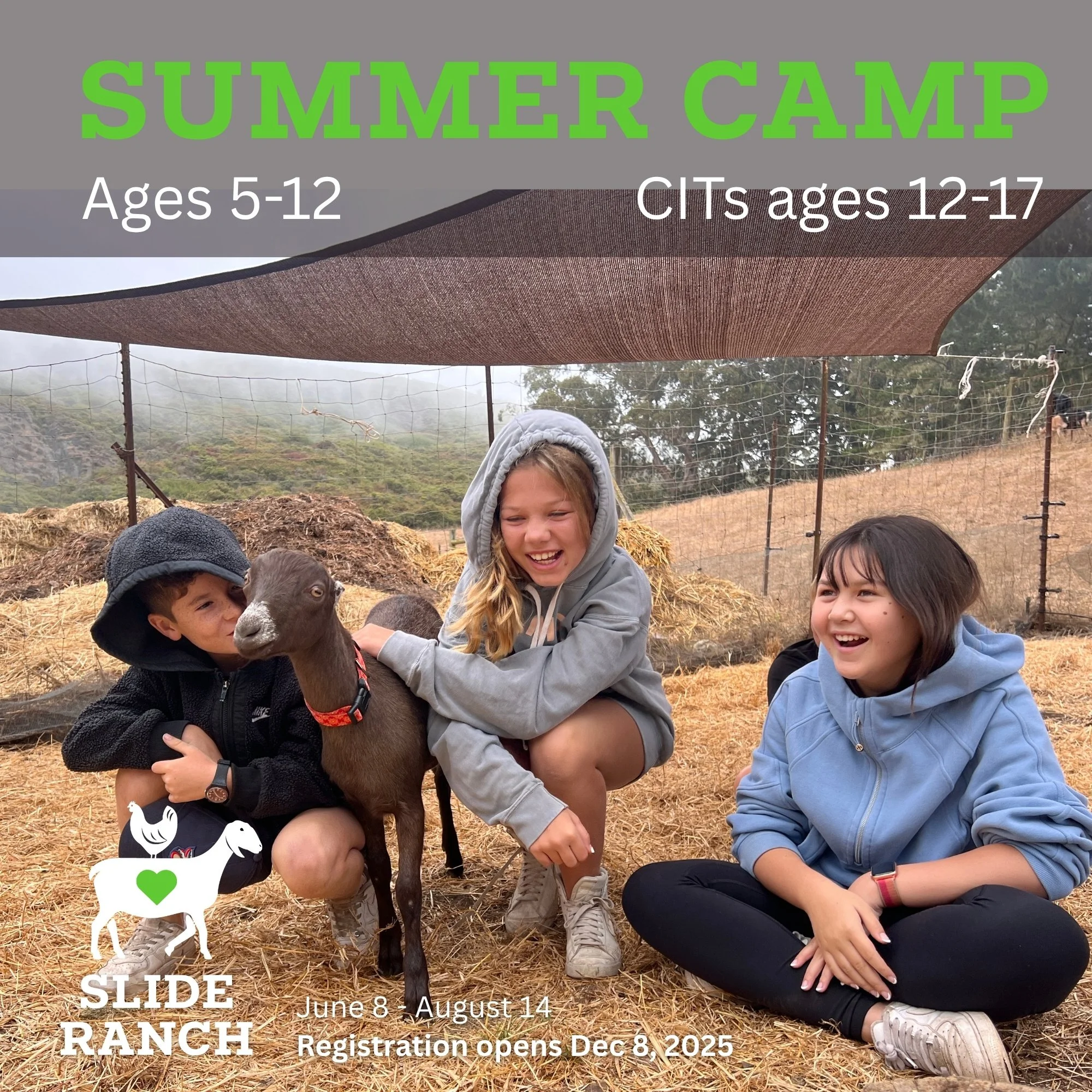Education Admission Consultants: Does Your Child Need One?
/Laura Shapiro and Cara Guyot are educational consultants who finally met after years of hearing about each other and have decided to team up a bit to help parents understand the steps in school selection. Laura specializes in elementary to high schools, while Cara helps at the preschool level. Although the age and the needs of the children are very different at the various levels, the process for figuring out the best fit schools are very similar.
What should I look for in a preschool or elementary school?
Cara: I like to start the process of figuring out the best preschools for parents' needs by looking at the big picture. That typically starts with the logistics of a typical day and then we talk about different preschool philosophies to get a sense of what seems appealing to the parents. Most kids are very adaptable and could flourish in a number of settings, so figuring out what the parents want and what will make them the happiest is priority number one. We also discuss what parents are thinking about the longer term education plan. Step number two is to talk about the personality of the child and what their strengths and weaknesses are. Some parents want to choose a preschool that lines up with the strengths of the child, while others would rather choose a preschool that would be likely to help develop a less strong part of their personality.
When you get to the point of actually touring the school, there are a bunch of things to look out for as well. Are the teachers engaging with the children? Do the teachers look happy? Are the children's needs being met? Are you comfortable with the cleanliness of the facility? (Some parents want the kids to come home as dirty as possible so would have a different expectation for some of the cleanliness) What does their eating and sleeping areas look like? Are the outdoor areas safe and the play structures or equipment in good condition? What does drop off and pick up look like? If you would like the opportunity to frequently be in the classroom, is there an open door policy for family?
Laura: Finding a “right fit” school should be exciting, but it can be confusing to understand the differences between the private schools in the area. Our public schools are strong and the choice between sending your child to your neighborhood school versus attending private school is so personal. To help demystify the private school application process, there are a number of questions parents should think about when looking at all of the options such as: What is the school's mission and does that appeal to you? What types of learning opportunities are available? How diverse is the school's student body and faculty? Is the location convenient or does the school provide transportation? What is the tuition and is there financial assistance available? What type of accreditation does the school have (if any)? What hours is the school in session and is there before/after care? Do they provide a hot lunch option? Most importantly....does the school feel like a good fit for your family?
Which schools are set up to accommodate children with special needs?
Cara: Special needs is of course such a broad term. Almost all preschools can accommodate children with some special needs. Many special needs, such as learning differences, are really not diagnosed until the children are closer to elementary school or even middle school. However, there are schools that specialize in preschool education for children with special needs. One can get an IEP (Individualized Education Plan) from the government as early as 3 years old. This would qualify a preschooler for services through the government. The services provided can range from meetings a few times a week to intensive classes five days a week. For children who may have special needs in vision, mobility, communication, etc. an aid in the preschool classroom can be of great help. Severe food allergies can be a type of special need at the age of preschool. If your child has any sort of special need, you should really be up front about it when looking at schools to make sure the preschools are a good fit for your child.
Laura: Most schools (both public and private) have support for students with mild to moderate learning differences. In fact, having a learning difference should not be a deterrent from applying to private schools. There are several private schools that are set up to meet the needs of more severe differences. Each of these schools offers a slightly different program, so it can be helpful to talk with a school administrator on the phone before setting up tours or filling out applications. In public schools, the IEP process will lead to creating a plan with the school that best suits your child.
What are the steps I need to take when applying to schools?
Cara: Preschool application process:
Create a list of schools that seem appealing to you.
Start touring those schools (the tour schedule varies by school).
After a few tours, be ready revise your list as you likely have a different concept of what your priorities are now.
If you love a school that has rolling admissions apply right away if you can.
With your narrowed down list look at the timing of applications for each school and apply to 3-5 schools.
You can ask what your chances are and how they handle their application list and waitlist.
With many larger schools what matters is where you fall on the list (and maybe gender too), while smaller schools and certainly coops tend to hand pick their students and often want fairly involved and supportive parents.
Laura: Elementary school application process:
Create a list of schools that seem like they might be a good fit for your family.
Tour all of the schools you are interested in.
Attend as many admission events as you can comfortable fit into your schedule, this is a great way to gather insight into the culture of a school.
Complete an application for the schools you are interested in applying to (usually between 2 and 5 schools).
Go through any assessment processes the schools require.
Many schools require a parent interview.
This is a good time to ask any questions you still have and to learn more about how many spots they have available and what their wait pool process is.7) WAIT...this is the hardest part! Decisions come out around mid-March!
How can you help in the process?
Cara: As the Cubby Coach, I put on workshops that explain what to think about when searching for a preschool as well as discussing the different philosophies and how they can tie in well with kids’ personality traits. I also meet with clients individually and run through all their specific needs and thoughts and then come up with the strongest schools for them.
Laura: By partnering with Bay Area School Choice on this application journey, your family will feel confident and calm about applying to elementary school. Through our work together, you will receive an individualized list of suggested schools to apply to, a unique timeline of the application process, interview preparation, transcript review (if applicable), targeted guidance for writing parent statements, unlimited follow up after school tours and throughout the application process, phone or video calls during decision week, and an additional reference to the admission directors at the schools you are applying to.
















